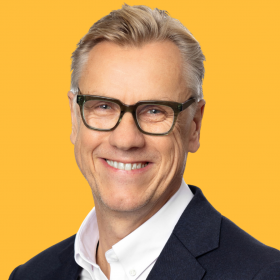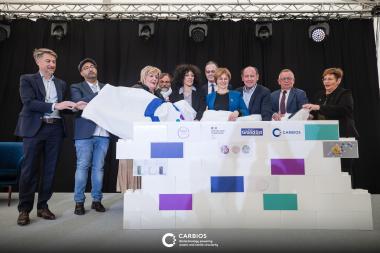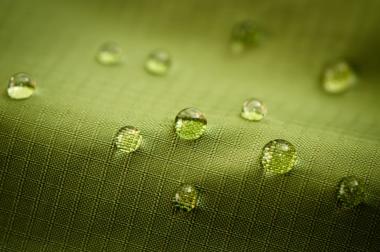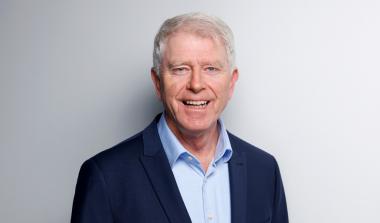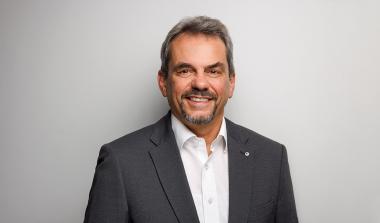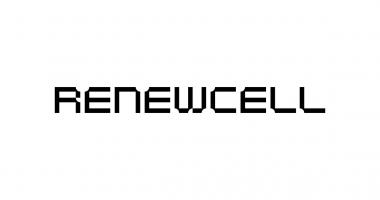54 Innatex - Sales strategies for retailers
From 20 to 22 July 2024, Innatex will once again host international green fashion labels presenting their collections for Spring/Summer 2025 at Messecenter Hofheim Rhein-Main near Frankfurt. The motto of the upcoming trade fair, ‘BLOOM’, emphasises the confidence in more sustainable solutions despite challenges in the green fashion industry.
The organiser is seeing an increase in enquiries from first-time exhibitors and design dicoveries who work with remnants or waste from the textile and other sectors. The summer fair aims to emphasise this form of circularity.
In keeping with this, three of the five Design Discoveries selected so far are located in the area of textile waste reduction. Tentation uses discarded tents to create modern, mostly outdoor-compatible pieces. While Halt.clothing stands for an innovative upcycling concept, the underwear label Avonté works with deadstocks. Softclox with flexible soles and the very feminine women's fashion Verlinne from Romania enrich the special area.
The trade fair is responding to feedback from buyers and, in cooperation with the Hesse Retail Association, is offering a special expert panel on the last day of the event to provide effective sales strategies. Innovative sustainable space concepts have been developed in collaboration with the Akademie Mode & Design AMD Wiesbaden. The students of the Interior Design degree programme use old materials from the INNATEX trade fair construction.
Innatex
















